AITA for refusing to financially help my family after they abandoned me even if it means they’ll end up homeless?
Abandoned and forgotten, a young girl’s life unraveled in silence as she was sent away from her mother’s side, left to grow up with relatives who barely had enough for their own family. Her heart ached with every missed call and rare visit, while the world she longed to be part of carried on without her—her mother’s new family thriving in a life she was cruelly excluded from.
Behind the screens of social media, she watched the life she should have shared slip further away, a stark contrast to her own lonely reality. The pain of invisibility and separation carved deep wounds, leaving her to grapple with a profound sense of loss, longing, and the haunting question of where she truly belonged.

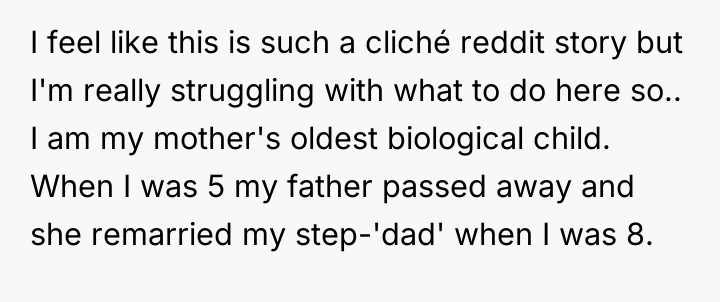
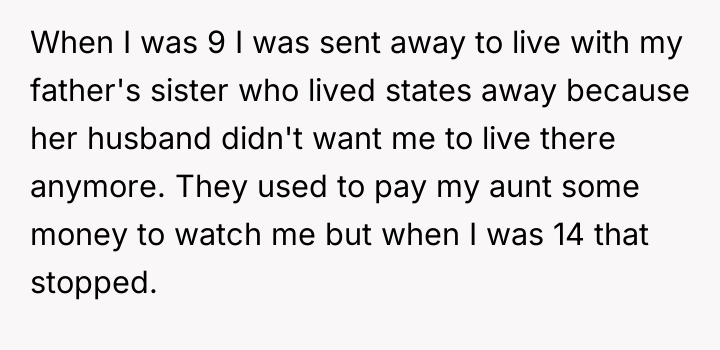
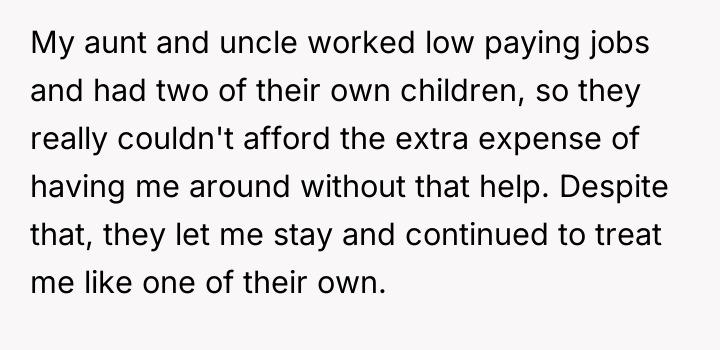
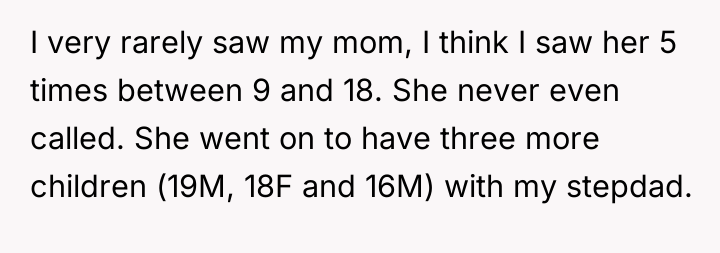
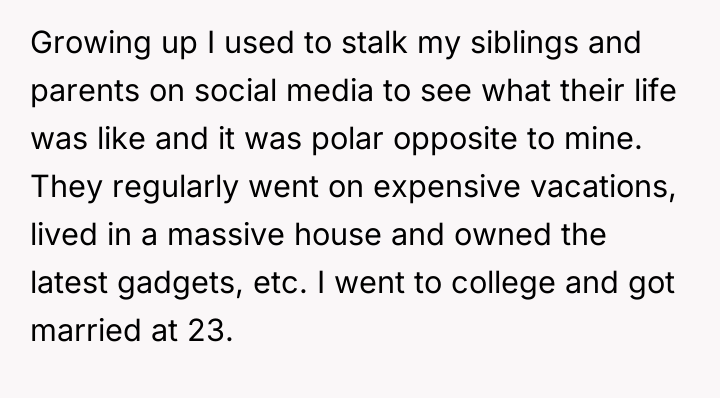
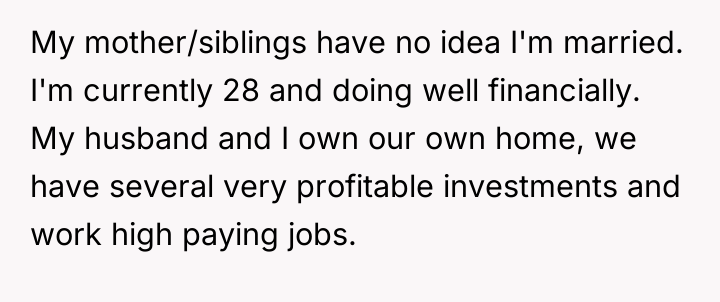
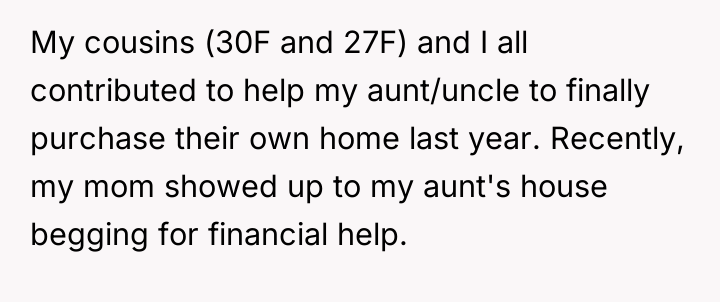
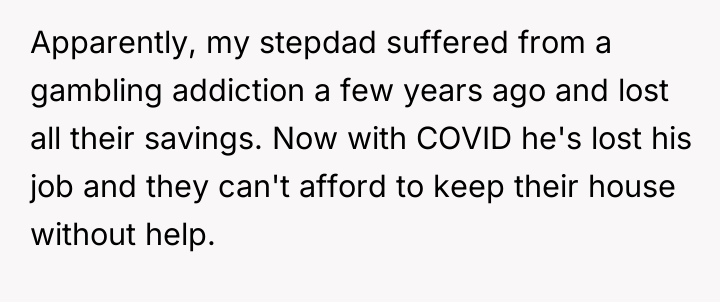
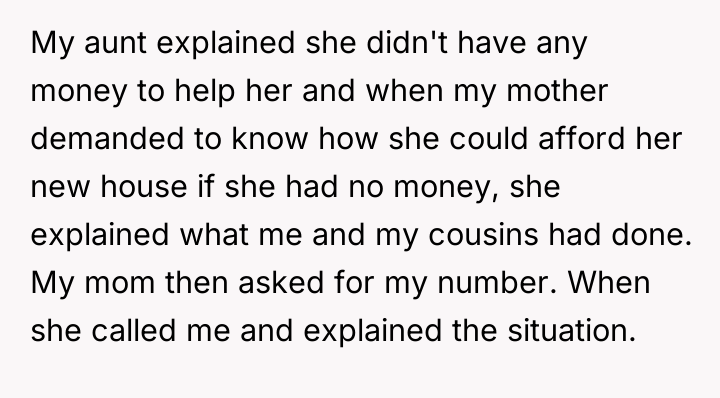
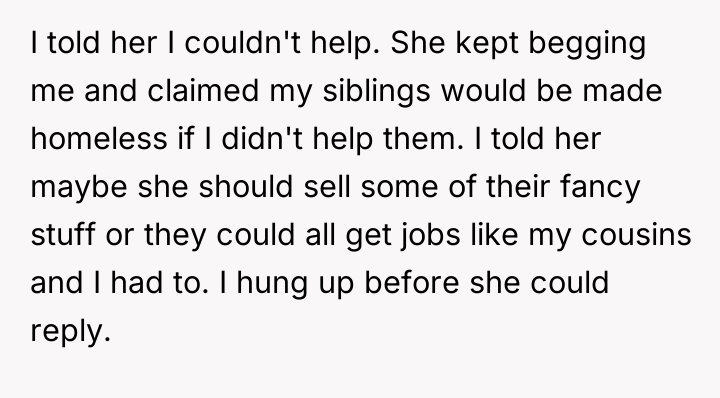
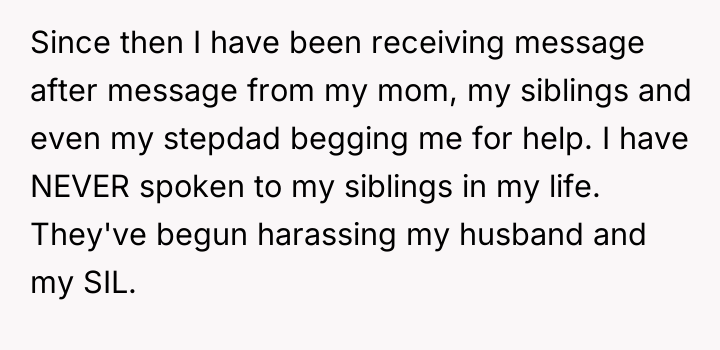
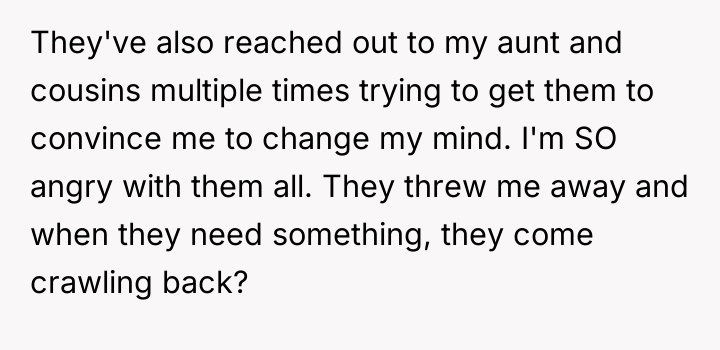

Subscribe to Our Newsletter
As renowned researcher Dr. Brené Brown explains, “Boundaries are the distance at which I can love you and me simultaneously.” This situation starkly illustrates the critical importance of establishing and defending personal boundaries, particularly in relationships marked by historical neglect and perceived exploitation.
The OP's life trajectory—being sent away, unsupported financially by their biological mother after age 14, yet succeeding through personal effort and the support of extended family (the aunt/uncle/cousins)—sets up a clear dynamic. The mother and half-siblings operated under the assumption of familial entitlement, ignoring the OP for years while enjoying a privileged lifestyle. Their current actions are not rooted in genuine reconciliation or relationship-building; they are purely transactional, triggered by financial crisis. The ensuing harassment directed at the OP's spouse and extended support network demonstrates a severe lack of respect for the OP's established adult life and boundaries.
The OP's initial decision to refuse aid and hang up was an appropriate, self-protective measure against emotional manipulation and financial exploitation. The feeling of guilt is a common emotional response when confronting deeply ingrained societal or familial expectations of unconditional support, even when those expectations were never reciprocated. The constructive recommendation is for the OP to cease all direct communication immediately and use their aunt or cousins (who have established relationships) as a buffer if any response is absolutely necessary. The priority must remain protecting their marriage and investments from this predatory behavior, viewing the past abandonment as concrete evidence that no reciprocal relationship exists to uphold.
HERE’S HOW REDDIT BLEW UP AFTER HEARING THIS – PEOPLE COULDN’T BELIEVE IT.:
What started as a simple post quickly turned into a wildfire of opinions, with users chiming in from all sides.
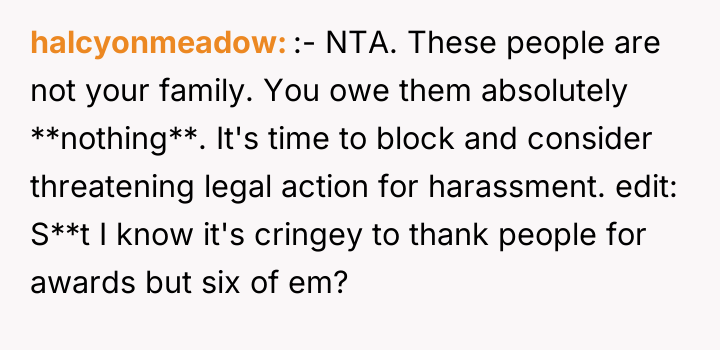
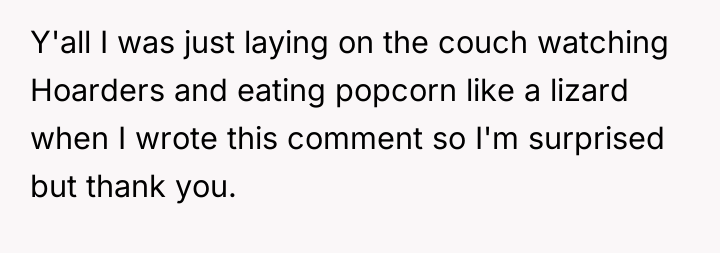
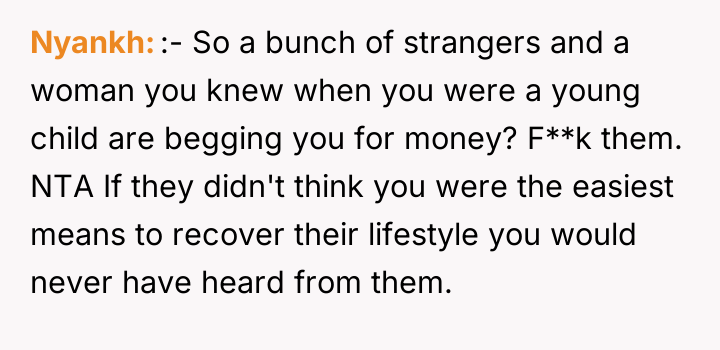

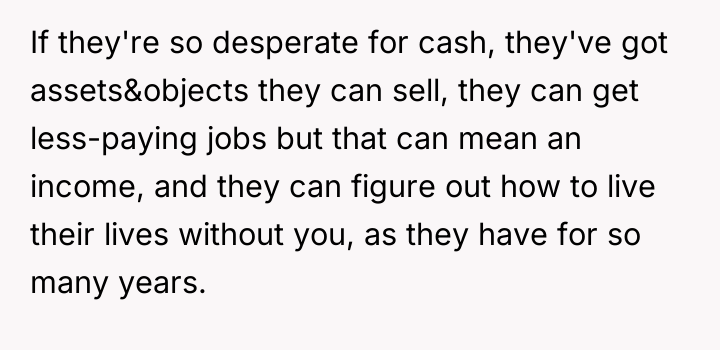

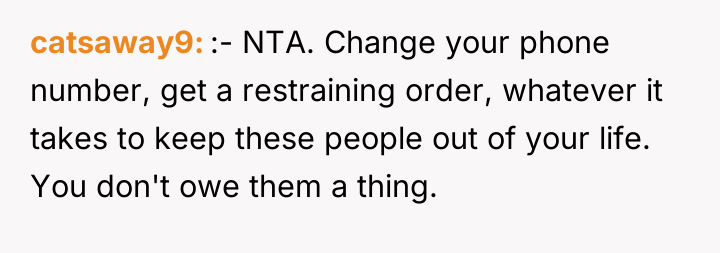

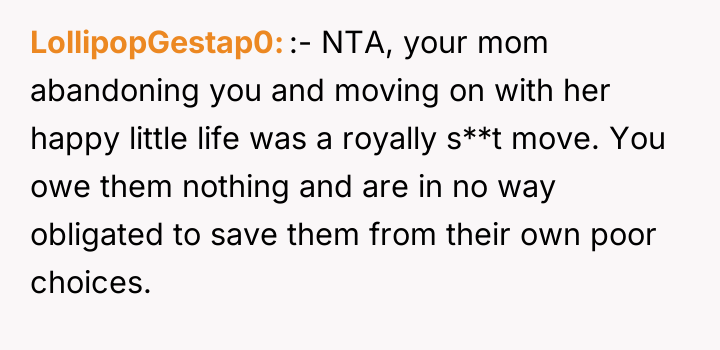
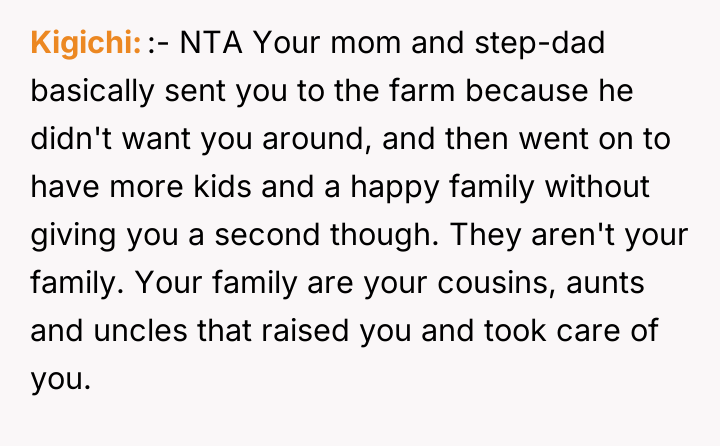
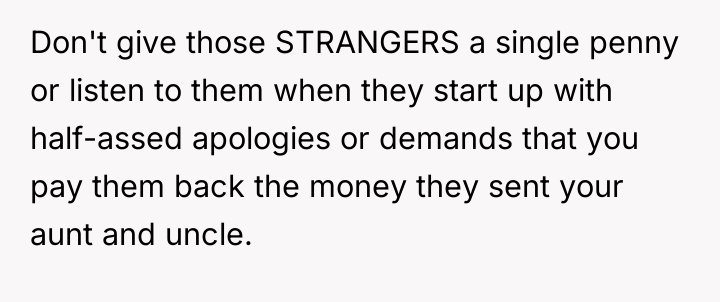
The original poster (OP) is experiencing intense anger and conflict due to their mother and half-siblings resurfacing after years of absence, now demanding financial aid following the step-father's financial mismanagement. The central conflict lies between the OP's justifiable desire to maintain distance and protect the life they built independently, versus the inherited familial obligation or perceived guilt being leveraged against them by the estranged family members.
Given the history of abandonment and the current aggressive outreach by the entire family unit, the core question remains: Does a biological relationship automatically mandate financial rescue, especially when the family unit provided no support during the OP's formative years, or does the OP have the absolute right to prioritize their own established security and well-being without facing accusations of being an 'asshole'?